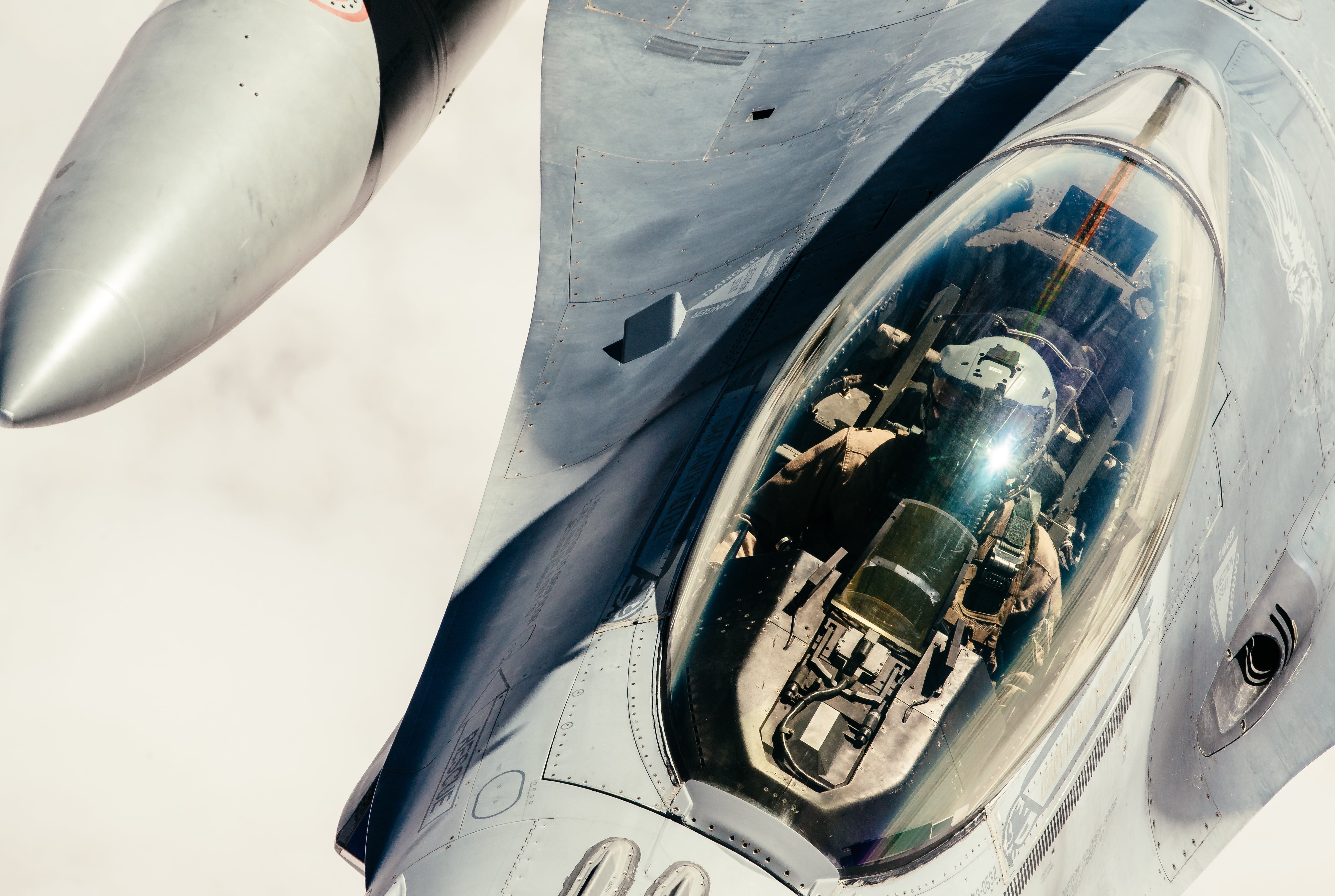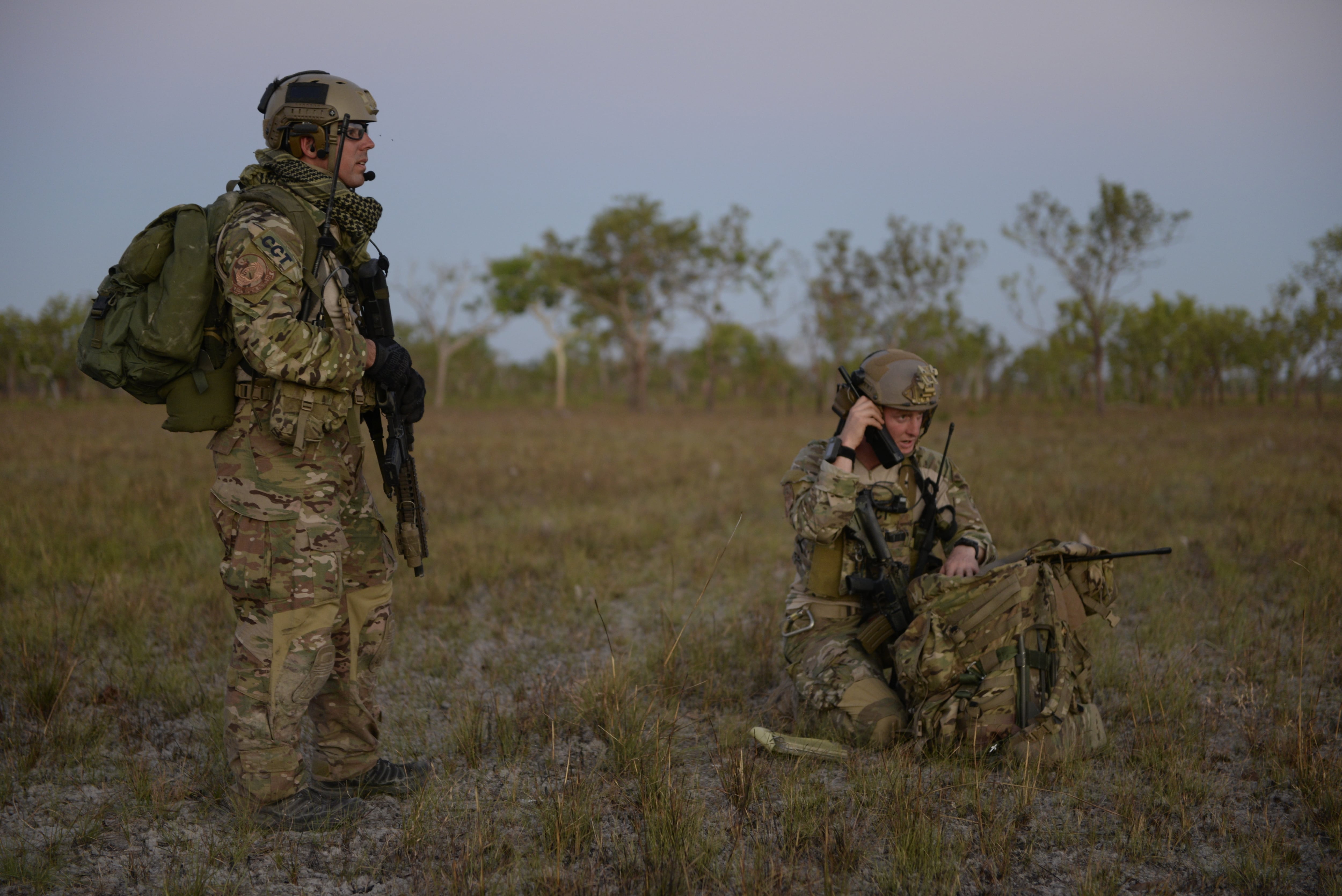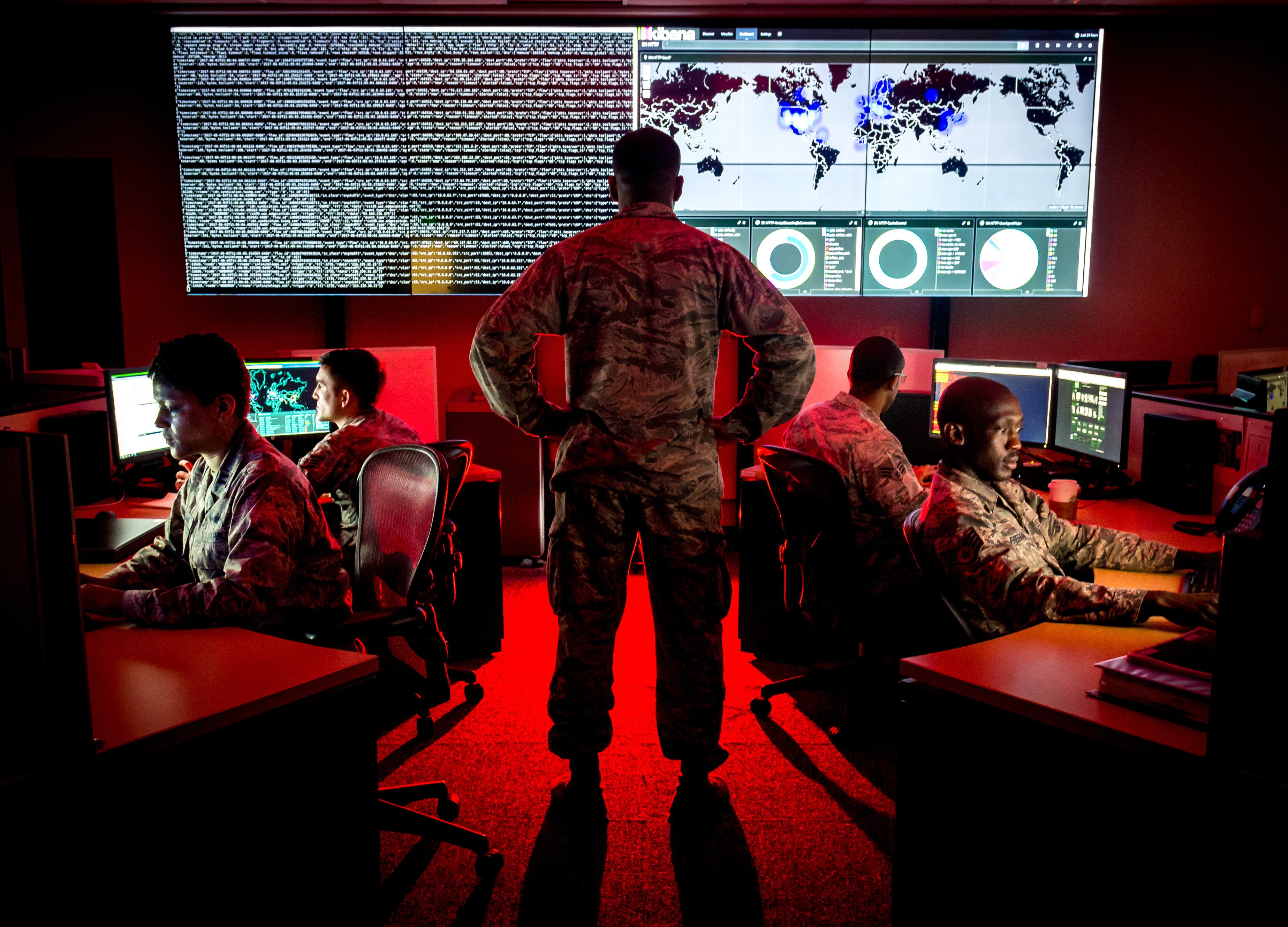In 2025, airmen will need to know more to do their job than ever before in Air Force history.
Problems they will face include frequent cyber attacks, a renewed nuclear deterrence mission, emerging anti-satellite weapons, calling in close-air support in contested airspace and fifth-generation fighter aircraft that are really a collection of systems within a system.
How does the Air Force prepare its personnel for an increasingly technical fight against peer adversaries and even non-state actors?
The answer is create more education options: not just checking off a bachelor’s degree or master’s degree box for promotion, but life-long, 21st century learning opportunities, according to Air Force Sec. Heather Wilson.
“We’re trying to do it across the board so it’s as easy for an airman to choose to develop their understanding of Pashtun with an app on their phone as it is to figure out and get the training they need in augmented reality, or off their phone ... to fix a next-generation engine," Wilson said at the Future Security Forum in Washington, D.C., Monday.
Wilson added that the Air Force is currently engaging with American universities to look at how certificates and other kinds of education programs can be made available for airmen to train in the realm of cyber operations — a critical arena of future warfare.
Wilson and Air Force Chief of Staff Gen. Dave Goldfein want airmen to actively pursue these new education opportunities, and new guidance from leadership will help them achieve just that.
“The chief and I just signed out several pieces of guidance that we hope will change culture over time,” Wilson said, pointing to the tendency of airmen to resist certain assignments for fear of leaving the operational world.
Pursuing education can no longer be thought of as something that takes airmen out of the line of duty. Whatever “ivory tower” stigma exists within the service needs to be pushed aside if its airmen are to remain on the cutting edge in an era of increasingly high-tech warfare.
RELATED

The biggest change will be to promotion categories, which will be rolled out this month, she added. In the past, every officer in the Air Force would compete against one another for promotion.
“But how we want to develop you as an acquisition officer is probably different from how we want to develop you as a maintenance officer,” Wilson said. "Yet, we threw you all into the same mix for promotion and hoped this big system just results in enough talent being pulled through in different areas.”
The new system will look more like the Navy, which has much more stratification for its career fields, such as surface fleet, submarine and special warfare missions. Except for lawyers and doctors, the Air Force has not really had that division.
“We are finding ourselves very short on senior level expertise in space, in research and development and logistics, because we’re not promoting properly and developing people,” Wilson said.

The Air Force will be shifting to “six sub-categories," according to Wilson, who added that one will be for space and one for special operations, among others. "Within those large categories, we will develop people for leadership along their career and you will promote and compete against people within your category.”
The change will start this year, but the effect will be felt in 10 years, according to Wilson.
Another change is the new PhD Management Office. “If you have a PhD in the Air Force, your assignments will be managed like general officer assignments,” Wilson said.
Before, if someone wanted to get a PhD in electrical engineering or cyber security, it was thought of as a dead end, according to Wilson. That will no longer be the case, as the service is looking to groom increasingly skilled talent.
A final change is for instructor duty, which will now be part of the consideration for promotion.
“You will now be rewarded for instructor duty,” Wilson said. “We are now boarding and recommending people for instructor duty and you’re not going to be able to do it unless you’re the best of the best.”
“Historically, we didn’t value instructor duty," she added. "If you taught at Lackland or at the Air Force Academy or ROTC ... that was kind of because you couldn’t get a better position and it was kind of a dead end. So now we’ve flipped that.”
The need to make these changes in the Air Force reflects other changes happening across the world.
Nations that develop a “continuous loop of learning” will succeed, Wilson said. “And nations and communities that don’t will be left behind.”
Kyle Rempfer was an editor and reporter who has covered combat operations, criminal cases, foreign military assistance and training accidents. Before entering journalism, Kyle served in U.S. Air Force Special Tactics and deployed in 2014 to Paktika Province, Afghanistan, and Baghdad, Iraq.




